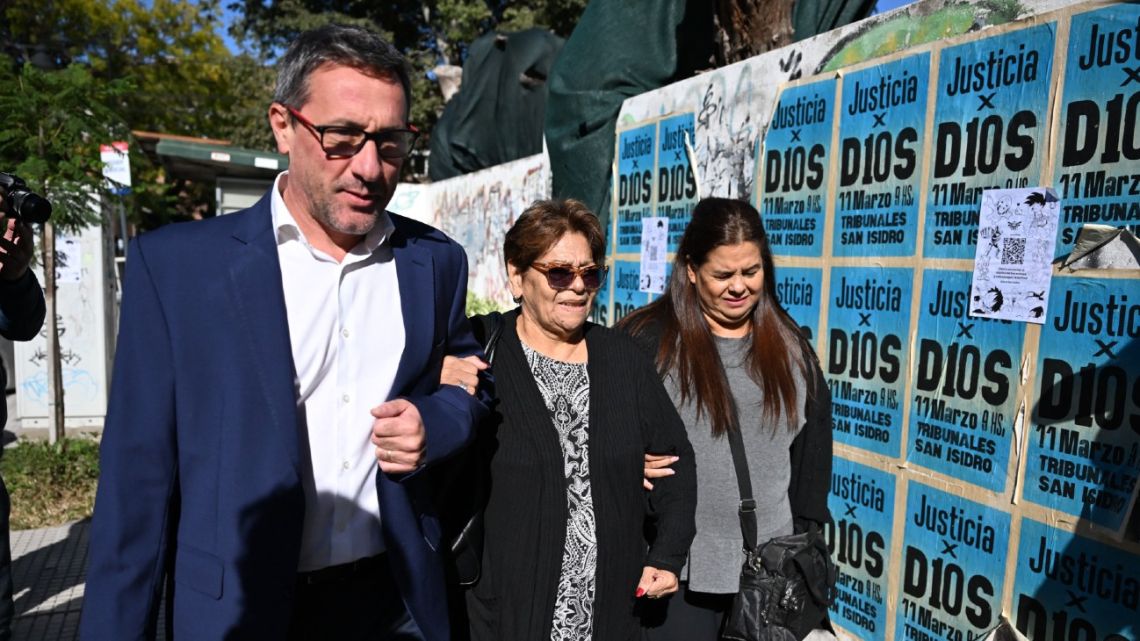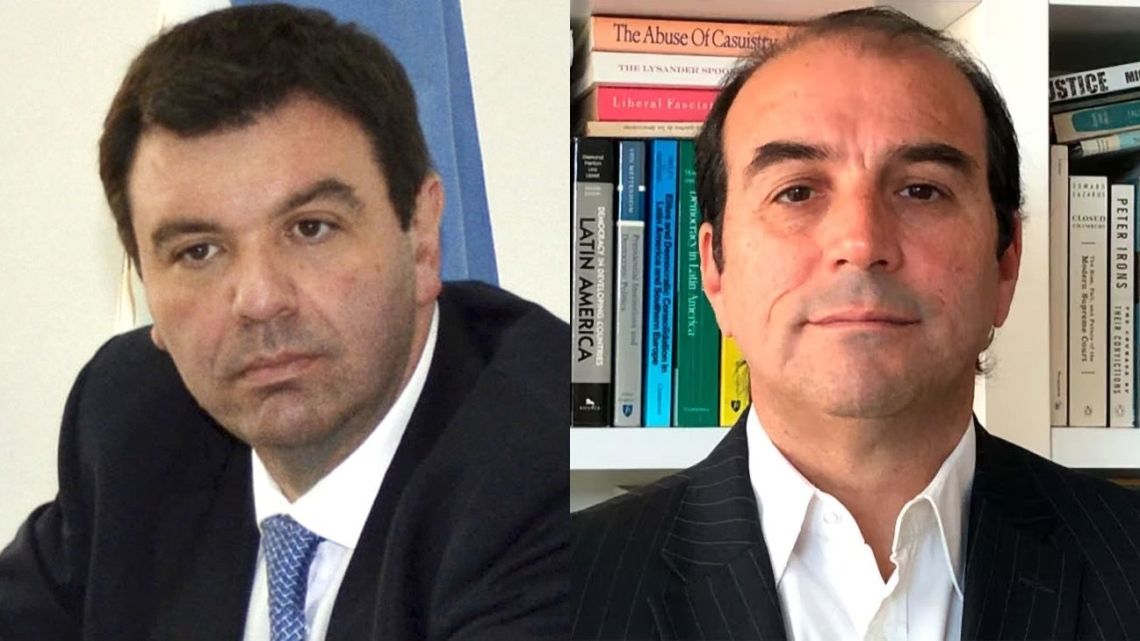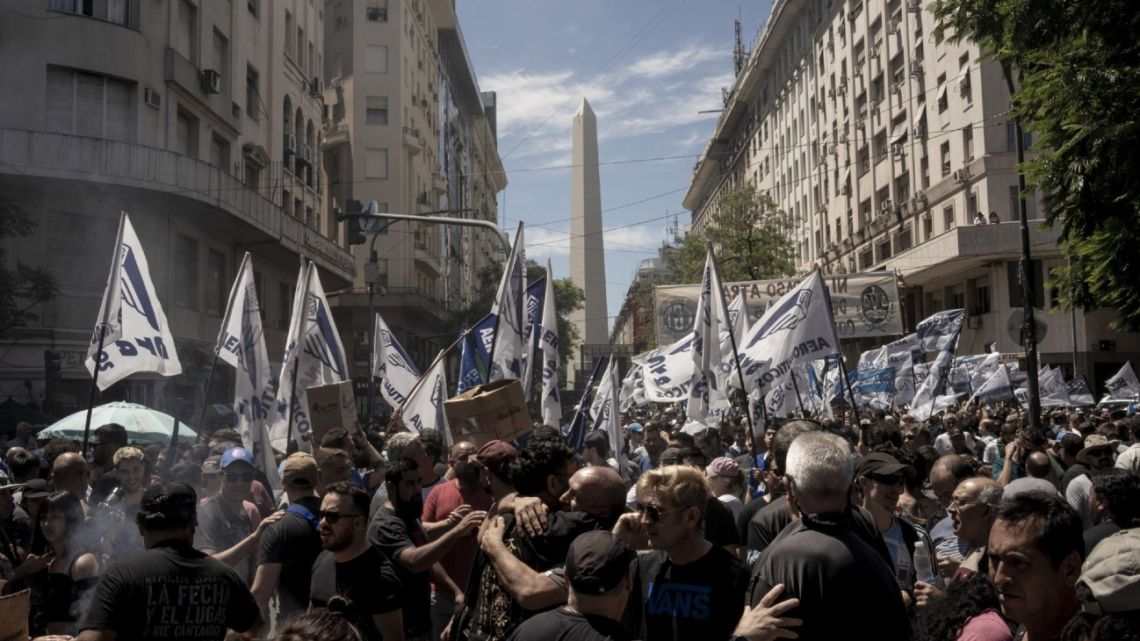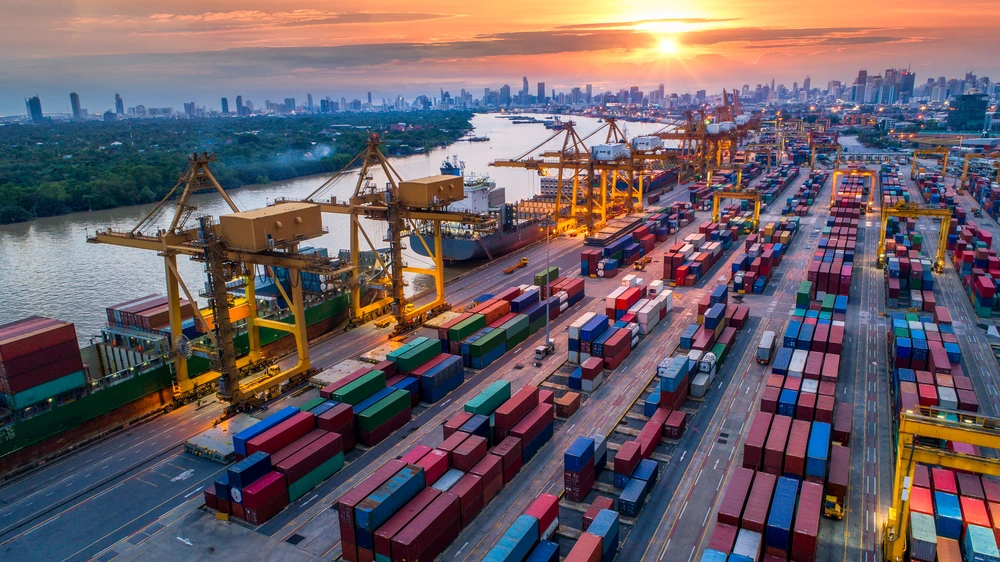Brazil’s Supreme Court Justice Alexandre de Moraes rejected a request to arrest former President Jair Bolsonaro on April 2, 2025. Councilwoman Liana Cristina from Recife’s Workers’ Party filed the motion, claiming Bolsonaro incited crime and obstructed justice.
She acted after he led a March 16 rally in Rio de Janeiro, demanding amnesty for January 8, 2023, rioters. Moraes relied on Prosecutor General Paulo Gonet’s opinion to dismiss the request.
Gonet argued that peaceful protests for amnesty do not break laws or exceed free speech rights. He found no solid evidence in Cristina’s claims to justify an investigation, let alone detention.
Moraes had ordered the PGR to review the case on March 18, giving them five days, but Gonet responded only on the ruling day. The clash stems from Bolsonaro’s ongoing legal battles since losing the 2022 election to Luiz Inácio Lula da Silva.
On January 8, 2023, his supporters stormed government buildings in Brasília, leading to over 1,500 arrests. Now, Bolsonaro faces a separate coup plot trial, accepted by the Supreme Court on March 26, with potential 40-year imprisonment.
 Brazil’s Supreme Court Rejects Bolsonaro Arrest in Tense Political Clash. (Photo Internet reproduction)
Brazil’s Supreme Court Rejects Bolsonaro Arrest in Tense Political Clash. (Photo Internet reproduction)Another lawmaker, Duda Salabert from Minas Gerais, filed a similar arrest request, still under review. Bolsonaro, barred from office until 2030 for electoral misconduct, retains strong support. His Rio rally drew thousands, showing his influence despite legal woes.
Critics argue he threatens democracy, while allies call it judicial overreach. Gonet’s stance—that free expression holds unless clear crimes emerge—shapes this ruling’s logic.
This decision reveals Brazil’s deep political divide.
Companies watch closely as stability affects markets, with Bolsonaro’s fate tied to broader democratic trust. The Supreme Court’s move avoids immediate escalation but leaves his coup case looming.
For global business, it signals a judiciary balancing act—upholding rights while tackling unrest risks. The story behind the ruling exposes a nation wrestling with its past and future, one court order at a time.

 By The Rio Times | Created at 2025-04-03 09:11:04 | Updated at 2025-04-04 05:45:09
20 hours ago
By The Rio Times | Created at 2025-04-03 09:11:04 | Updated at 2025-04-04 05:45:09
20 hours ago








